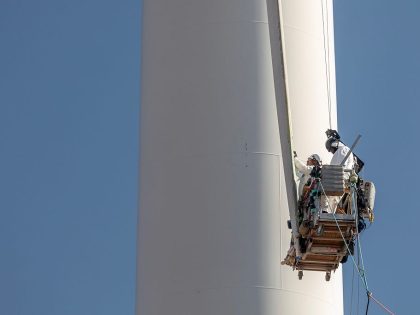
Building Trades Unions Rally Against Trump’s Attacks on Wind
Construction unions are making clear that offshore wind is a win for workers and the environment. Donald Trump’s repeated attempts to block it are just another front in his war on workers.
Page 1 of 4Next
Paul Prescod is a Jacobin contributing editor.

Construction unions are making clear that offshore wind is a win for workers and the environment. Donald Trump’s repeated attempts to block it are just another front in his war on workers.
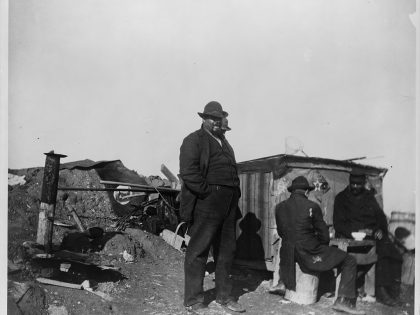
A century ago, the Brotherhood of Sleeping Car Porters launched a union drive against a railroad giant, changing the course of the 20th century and forever entwining the causes of labor and black civil rights.
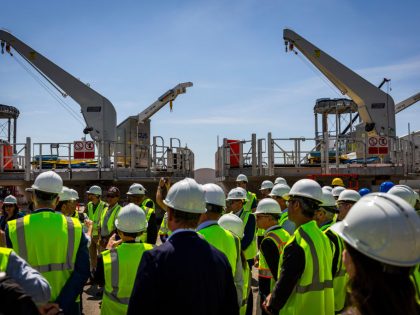
Building trades unions in Rhode Island and Massachusetts are successfully fighting for offshore wind projects that create good union jobs and revitalize the economy. In the process, they’re showing how to defend clean energy from Donald Trump.
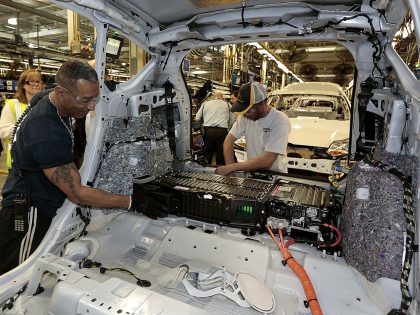
A recent report from UAW Region 6 outlines a bold vision for how to expand clean energy industries in California using union labor. It’s an example of how unions can get serious about industrial policy and assert themselves in the “abundance” debate.
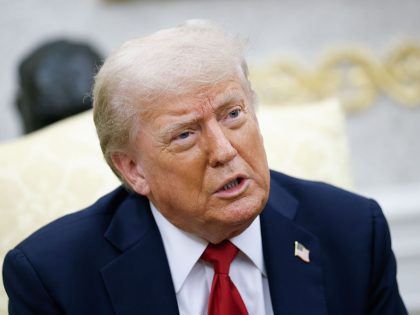
Donald Trump styled himself as a populist, antiestablishment president. But look at what he has actually done in office, and you see he’s a status quo politician with nothing to offer working Americans.

AFSCME District Council 33 represents the blue-collar city workers who make Philadelphia run. After sacrificing through the pandemic and years of bruising inflation, they say they’re on strike so they can afford to live in the city they serve.

The Trump administration isn’t supporting new clean energy projects, but green union jobs are still growing — for now. It’ll take state and local organizing to keep the momentum going.

The Inflation Reduction Act has helped create good union jobs in the clean energy sector. Republicans want to derail this progress to pay for tax cuts for the rich. The building trades are starting to fight back, and environmentalists should join them.

A newly released memo from the banking giant Wells Fargo outlines a predatory scheme to dismantle the USPS: sell off profitable parts, slash union jobs, and raise prices by up to 140 percent.

Public unionized employment is the backbone of the black middle class. Racial justice advocates should direct resources to fighting Elon Musk’s attacks on good union jobs — not toward protecting DEI initiatives focused on black entrepreneurship.

The story of the Congressional Black Caucus reflects the class contradictions of black politics in the post–civil rights era.

Even in states carried by Donald Trump, voters passed ballot measures supporting paid sick leave, higher minimum wages, and unionization rights while rejecting school privatization. Voters want progressive economic policies.

Twentieth-century black labor leader Ernest Calloway never became a household name. But through his work in both the Teamsters and the NAACP, he embodied the transformative potential of a united labor and civil rights movement.

Mainstream pundits continue to offer muddled explanations for the inflation crisis. The Kamala Harris campaign should focus voters’ anger on a cause that often flies under the radar: greedy CEOs and their record profits.

The pro-union PRO Act is stalled at the national level. But in Vermont, union reformers took over the AFL-CIO and used it to win their own version of the bill.

The Consumer Financial Protection Bureau is necessary to prevent predatory corporate behavior. Americans need it to be functional. Instead it’s embroiled in an internal labor conflict, with management stonewalling unionized workers demanding a raise.

Democratic Party elites have accepted the loss of vital working-class jobs and written off white workers as bigots. But a new book by Les Leopold shows how we can build a broad working-class movement to fight for the right to a good job.

In 1972, black political leaders and activists convened in Gary, Indiana, to develop a unified black political program. But the convention’s emphasis on racial cohesion overlooked the realities of black class stratification and internal ideological divisions.

The idea that the labor and climate movements must unite for a Green New Deal is more popular than ever. To get it done, we’ll need to take the threat of job loss seriously, finding and uplifting commonalities between climate goals and worker self-interest.

In No Politics but Class Politics, Walter Benn Michaels and Adolph Reed show how an identity politics that obscures class politics and ignores economic inequality only makes the many miseries around us worse.